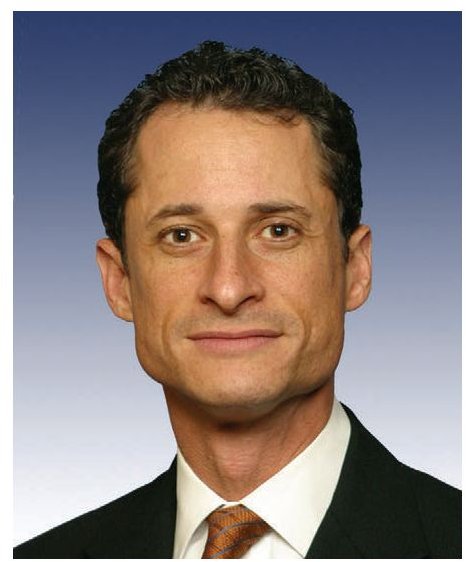Why is Privacy on the Internet Such an Issue?
Jeopardized Teaching Degree
The New York Times detailed the story of a teacher in training, who was denied a teaching degree due to “unprofessional” conduct. The would-be high school educator attended a party, drank alcohol and had her photo taken. She then posted the photo on her MySpace page and captioned it “Drunken Pirate.”
It did not take long for her supervisor to take her to task for the photo – and for the dean of her school to refuse her a teaching degree. Academia argued that the prospective teacher was promoting the use of alcohol in a venue that was accessible to her students.
Arguing that academia had violated her First Amendment right of free speech, the would-be teacher sued – and lost. In fact, checking the Internet for sordid details on potential new hires and job candidates is becoming the norm rather than the exception. Recruiters – to the tune of 75 percent – have reported that they routinely run online searches to vet candidates. Where do they look? Twitter, Facebook, YouTube and other social media favorites.
Bones of Contention
What tips off a recruiter that a candidate might not be a good fit? What would a human resources professional take into consideration when deciding on a promotion and there are two candidates she is considering?
- Objectionable photos
- Politically incorrect forum postings
- Participation in controversial activities or groups
- Public admission to illegal conduct
It is interesting to note that even Internet users who avoid posting odd photos still run the risk of getting nabbed by the boss; it takes little more than a friend posting a photo and tagging the people in it. Suddenly, even the social media abstainer has an online presence, which he most likely does not even know of.
From User Error to Faulty Privacy Policies

There is a fair amount of user error with respect to Internet privacy. Case in point is former Rep. Anthony Weiner, whose political career was cut short because of a Twitter photo inadvertently posted to the account rather than sent to only one recipient. ABC News reported on the subsequent wrangling that included initial protestations of innocence and finally an admission of guilt. Irrespective of the former politician’s morals and ethics, what led to the revelation of “Weiner Gate” was little more than the wrong click on the wrong icon.
Numerous Facebook status updates are made in a similar fashion. The poster may wish to alert some – but not all – “friends” to an event or new photo, but instead he blasts it to the world. Once out there, even a deletion of the message will not make the post go away. Cached versions of the page and screenshots remain for posterity. The same holds true for group posts that the Facebook user deletes within minutes of making them – they are forwarded to members of the group via email.
Social media sites contribute to the onslaught of private information that is suddenly available online. Facebook is notorious for its tweaks and changes, many of which make public the type of information that the poster initially wanted to keep private.
Doesn’t the Law Protect Me?
The National Telecommunications and Information Administration (NTIA) defines privacy as “the social balance between an individual’s right to keep information confidential and the societal benefit derived from sharing information.” Consumers fail to realize that participation in free social media sites,such as Twitter and Facebook, actually makes them and their data the product that the sites then market to advertisers. (Ever wonder why the Facebook ads on the right seem to be so uncannily geared toward your demographic?)
The government has put down its foot with respect to collecting data from and about children under the age of 13, but aside from this bit of legislation the playing field is still wide open and legislative efforts are made as problems arise. It is therefore a fool’s bargain to hope that a government agency will protect an Internet user against consequences that arise from willful or accidental postings of indiscretions.
So why is privacy on the Internet such an issue? The NTIA succinctly explains that “the U.S. does not currently have adequate privacy legislation in place and there is little prospect that it will enact such legislation in the near future.” When it comes to privacy protection, the buck stops with the user. Think of long-term consequences before you click “send.”
Sources
- New York Times, https://www.nytimes.com/2010/07/25/magazine/25privacy-t2.html?_r=1&ref=technology
- ABC News, https://abcnews.go.com/Politics/rep-anthony-weiner-picture/story?id=13774605
- National Telecommunications and Information Administration, https://www.ntia.doc.gov/ntiahome/privacy/files/5com.txt
- Images: “Cherry cordial” by Simon Law/Wikimedia Commons via Creative Commons License 2.0; “Anthony Weiner” by United States Congress/Wikimedia Commons via public domain
